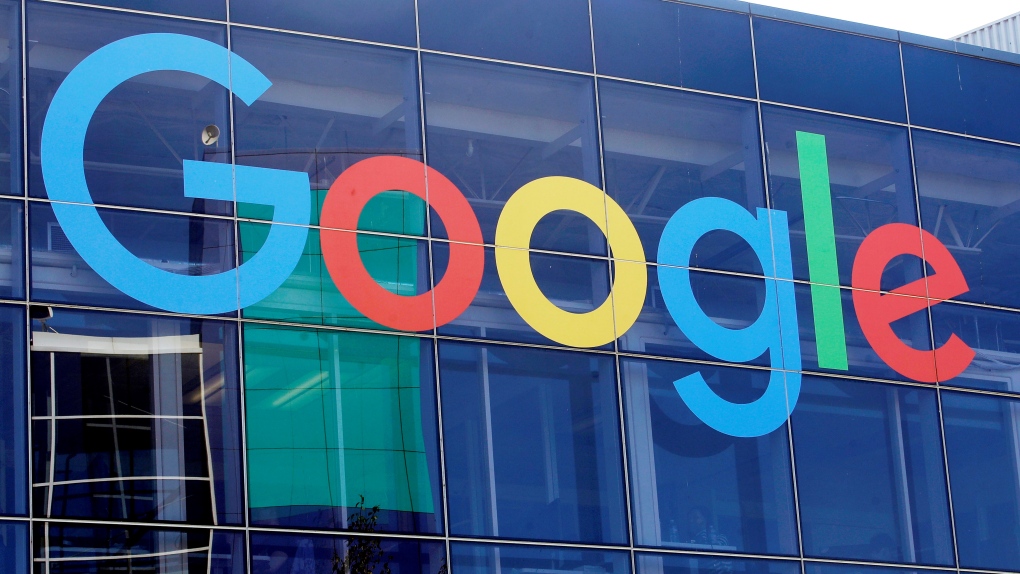Some reflections on the Australian experience and what they might mean for Canada.
After Google’s move on Thursday, Heritage Minister Pablo Rodriguez sent a written statement calling the companies’ moves “deeply irresponsible and out of touch … especially when they make billions of dollars off of Canadian users” with advertising.
Australia’s regulatory experiment – the first of its kind in the world – also got off to a rocky start, but it has since seen tech companies, news publishers and the government reach a middle ground.



I get it if those doing the linking also host enough of the content (or all of it) so that users don’t have any need to go to the site. For example if a post here on lemmy or on reddit has the link to the article with the headline, but then the top comment is a copy/paste of the entire thing.
What I don’t get is why news are any different than any other search result in this context? On my phone for example if I look at the android default feed that shows news and other content based on my interests, it’s just headlines and thumbnail images. If I want to actually see the content I have to click on it, thus going to the news publisher’s web page. Is this what they’re mad about?
It just sounds to me like they’re wanting to make it harder for individuals to find them. Since it’s so accessible (don’t even need to open an app) this is often where i’ll see important headlines first thing in the morning, only later in the day will I bother to open apps, go to websites, check my RSS etc.
Not making an argument, just answering a question:
One way that news is different from other articles is that very often, consumers of the content only read the metadata. How many stories have you followed, but just by reading the headlines? And when you aggregate it, it becomes a new product. The metadata that they aggregate is clearly providing them a great deal of value. It’s drawing people to their site in the first place. They’re putting their own ads on other people’s content, etc.
I suspect it’ll just lead to A.I generated headlines in lieu of headlines taken from news publishers then. You can’t make any claims on the facts of the news. If there’s a big earthquake in Japan then there’s a big earthquake in Japan. An A.I can generate a headline saying as much, and the news publishers are cut out of the equation. At most they’d pay whatever subscription other news outlets pay for things like AP and other sources to get a stream of facts, then let the A.I go to town on that data.
And honestly as long as the info is accurate I’d much rather use something like that then have to deal with going to multiple websites, i’ll go to multiple sources manually if I need to research something, not for my morning news. This is where RSS feeds come in handy but the same publishers who whine about this issue often don’t publish a feed for the same reason. I’d personally prefer to not consume the content at all, if the only method was going to individual websites and checking for updates.
…
Shoot, you’re refuting yourself before I even get there.